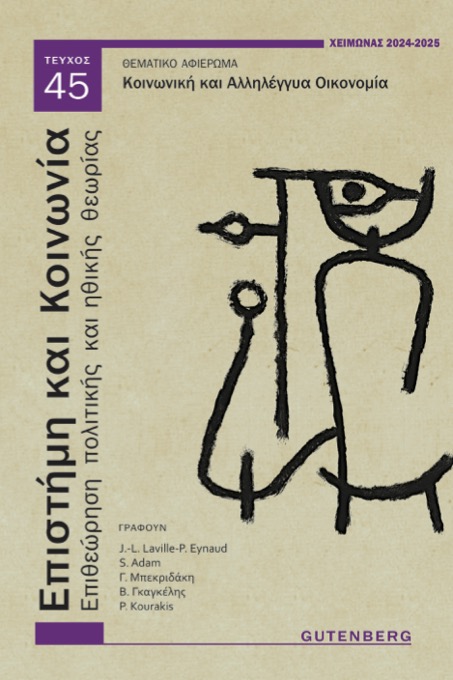«Assessing the Compatibility of the Recidivist Sentencing Premium with Retributivism in Sentencing»
Abstract
It is a shared practice among various and diverse penal systems around the world to punish recidivists more harshly than first-time offenders. Despite the breadth of this practice, philosophically justifying this extra punishment has been constituting a rather demanding intellectual task, especially for retributive scholars. According to the archetypical retributive scheme of punishment, the latter is justified "because and only because offenders deserve it" (Moore, 2009: 31). In this vein, the question which arises is whether retributivism can account for the increased punishment of recidivists, even if they engage in precisely the same criminal act with a first-time offender. The study scrutinises four retributive accounts of the recidivist premium, which seek to ground harsher punishment for recidivists by addressing the way in which culpability can be enhanced due to the offender’s prior convictions. Acknowledging each account's conceptual limitations, this essay concludes that the most plausible retributive account for the foundation of the recidivist premium is served by the Notice theory, according to which the repeat offender is more culpable due to his/her premeditation to reoffend, albeit having experienced firsthand formal criminal punishment and thus supposedly having gotten to appreciate the implications of his/her wrongdoing.
Article Details
- How to Cite
-
Kourakis, F. (2025). «Assessing the Compatibility of the Recidivist Sentencing Premium with Retributivism in Sentencing». Science and Society: Journal of Political and Moral Theory, (45), 138–160. Retrieved from https://ejournals.epublishing.ekt.gr/index.php/sas/article/view/36512
- Section
- Articles

This work is licensed under a Creative Commons Attribution-NonCommercial-ShareAlike 4.0 International License.
Authors who publish with this journal agree to the following terms:- Authors retain copyright and grant the journal right of first publication with the work simultaneously licensed under a Creative Commons Attribution-NonCommercial-ShareAlike License that allows others to share the work, not for commercial purposes, with an acknowledgement of the work's authorship and initial publication in this journal. If you remix, transform, or build upon the material, you must distribute your contributions under the same license as the original.
- Authors are able to enter into separate, additional contractual arrangements for the non-exclusive distribution of the journal's published version of the work (e.g., post it to an institutional repository or publish it in a book), with an acknowledgement of its initial publication in this journal.
- Authors are permitted and encouraged to post their work online (e.g., in institutional repositories or on their website) prior to and during the submission process, as it can lead to productive exchanges, as well as earlier and greater citation of published work (See The Effect of Open Access).



